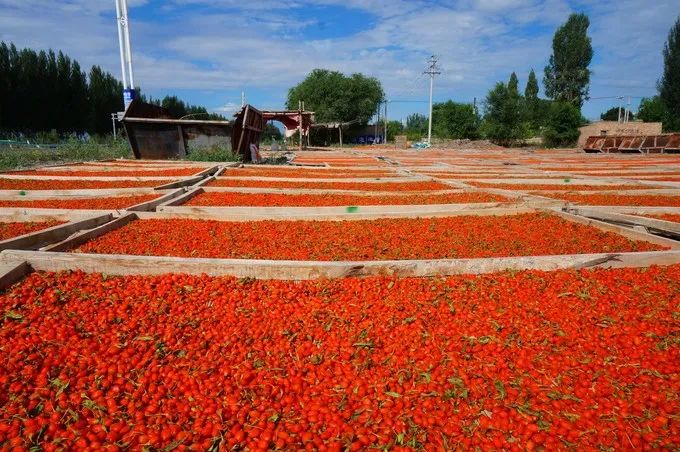The China-EU Agreement on Geographical Indications officially entered into force on March 1, 2021. It is China's first bilateral comprehensive and high-level agreement on the protection of geographical indications (GIs), and an important and practical outcome in the development of China-EU economic and trade relations in recent years.
We will continue to introduce to you the first batch of 100 Chinese GIs and 100 European GIs under the Agreement, to better protect and market them to meet the needs of consumers on both sides for a better life.
GI Episode 24: Jinghe Wolfberry
Jinghe wolfberry is known as red agate. It is bright red, large and plump, with thin skin and thick meat. Juicy and nutritious, it tastes sweet. Good for kidney and eyesight, wolfberry is an ideal medicine and food for healthcare and very popular among consumers. Lu You, a famous poet of the Southern Song Dynasty, once praised the wolfberry as a nourishing tribute in his poem to the effect that it is good to have congee with wolfberry in the morning.
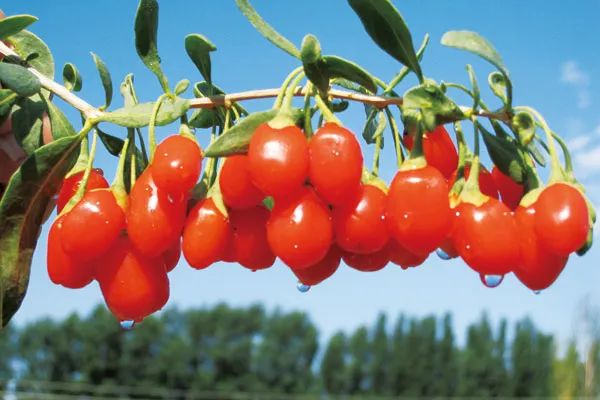
Jinghe County in Xinjiang is known as “the home to Chinese wolfberry”. Located in the north of Tianshan Mountains and the southwest edge of Junggar Basin, Jinghe County enjoys the north temperate continental arid climate, with high accumulated temperature, long sunshine and large temperature difference between day and night, coupled with the alkaline sandy soil and irrigation by the thawed snow and ice in Tianshan Mountains. These unique conditions give birth to the high-quality Jinghe wolfberry. The county is also blessed with a lot of wild wolfberry resources. It is the origin of lycium ruthenicum murr and lycium dasystemum pojark. With 50-year history of cultivation, the country has become one of China’s major production areas of wolfberry.
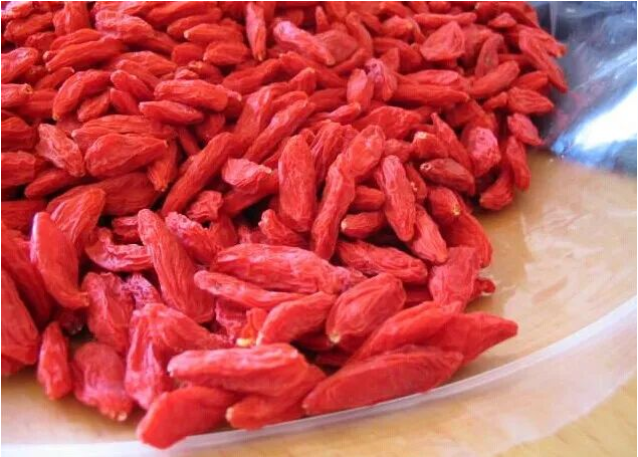
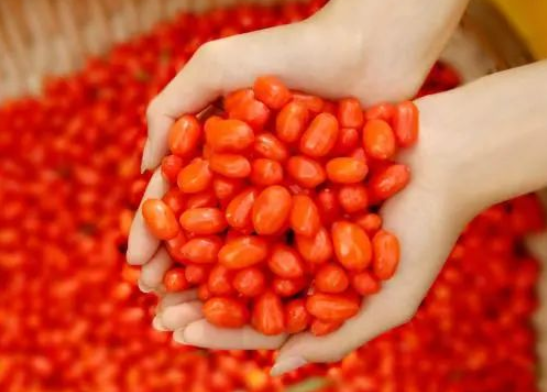
In recent years, Jinghe County has developed high-yield and high-quality wolfberry, which is sold to domestic major medicinal markets and has attracted orders from Korea, Japan, the US and China’s Hong Kong and Taiwan.
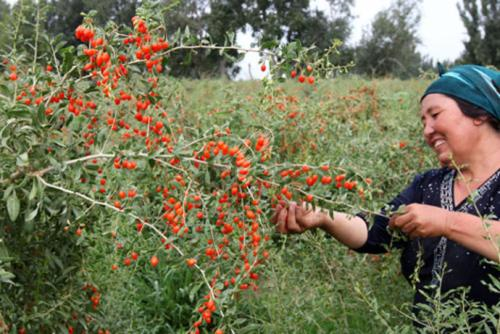
At present, the wolfberry cultivation has become a unique pillar industry in Jinghe County. Products including wolfberry concentrate, fermented wine, pigment, polysaccharide, seed oil and jam have been developed. By vigorously developing the wolfberry industry, the region has not only improved the ecological environment, but also increased the income of farmers and herdsmen.
